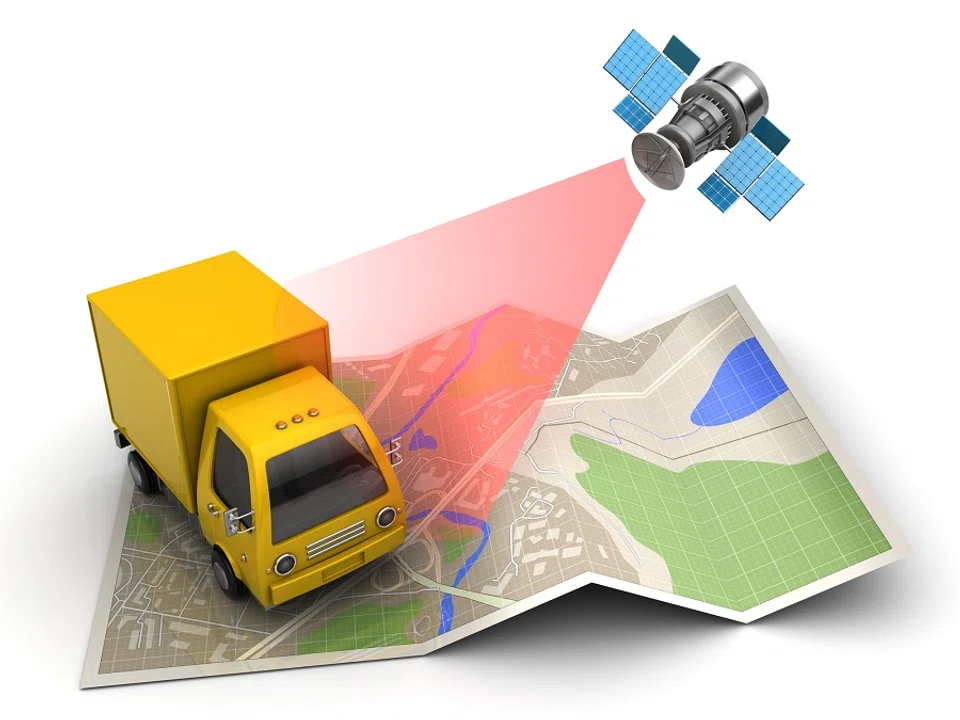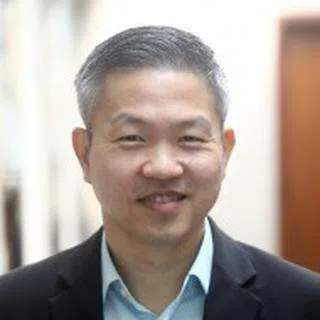Industry 4.0: The Chinese "student" has surpassed the Singapore "teacher"
Kwek So Cheer warns that Singapore faces the risk of being irrelevant in a new world going through a fourth industrial revolution. In that respect, it has much to learn from China, who plays a leading role when it comes to advanced technologies such as Artificial Intelligence, 3D printing and the Internet of Things.

Having spent most of my time in China over the last eight years, and having contributed to Industry 4.0 transformations there in my own small way, I feel that it may be useful to share my experience with those at home. Singapore is facing the risk of being irrelevant in the new world, and I do think a few changes are required not only to remain relevant, but to survive.
Industry 4.0 is a concept that originated from Germany, describing how industrial production would be changed by a fourth industrial revolution featuring advanced technologies such as Artificial Intelligence (AI), 3D printing and the Internet of Things (IoT). This follows the first industrial revolution marked by the invention of the steam engine, the second ruled by advances in manufacturing and transport, and the third driven by digitisation.
However, China has studied and adapted it into their very own "Made in China 2025", a policy launched in 2015 with the aim of moving China into high-tech manufacturing. One of the key success indicators of their efforts is their strength in execution (执行力). They spend 20% of their time formulating policies, debating viewpoints, and trumpeting slogans, and the rest on the actual delivery of the desired outcomes. There is little tolerance for fluff and how respected your views are, depends on how practical, pragmatic and how close you are to the "air on the ground" (接地气).

Chinese industry's dynamism
Huge grants, often worth millions, are given to manufacturers that adopt smart manufacturing practices. A complete framework measuring the company's human capital, infrastructure, data architecture, procurement processes, planning and control, production operations, equipment management, logistics, security (both online and offline), energy management, etc. is reviewed, with gaps clearly identified upfront. I recall being deeply engaged in many meetings of this sort, which were understandably intense, due to the large amounts of grants that were involved.
Although the government grants are strong reasons to push for these initiatives, the Chinese "business first" mantra is still always the top-most consideration. At the end of the day, every undertaking has to make business sense. Building a bullet-proof business case requires a balance between the science behind the numbers and the art of stakeholder management. This delicate balance is critical for any initiative to get off the ground.

For China's Industry 4.0 / Smart Manufacturing / Made in China 2025 plan to take off, it has to be recognised not as a single project, but a series of many projects of different sizes, timelines, resources, etc. New technologies being introduced in these projects would need to ensure robust testing before going live in production. Impact on roles and jobs has to be carefully planned, communicated and implemented as well. Despite knowing these challenges, the Chinese relished these opportunities and were ever so eager to part of the action.
I strongly believe that once the country saw how change and transformation enabled them to overtake the economy of Japan and soon the US, they boarded an unstoppable train. In fact, I personally know many mainland friends who feel extremely uneasy if they stay at the status quo. It is not part of their DNA. I have heard the phrase 计划赶不上变化 (plans can never catch up with change) too many times, which I guess partly explains why they believe so strongly in actions rather than "paper talk" (纸上谈兵).
I feel that Singapore has to move away from being "teachers" to China, offering study trips to the Chinese to learn from us. This is a case of 青出于蓝而胜于蓝 (the colour green originated from blue but has overcome the blue) which loosely translates to the student has surpassed the master.

Clear and present reality
It is extremely satisfying to see initiatives that I had a hand in come to life. For instance, sensors being deployed in stores and plants which enable real-time tracking and instant stock-taking are game-changers to the business. GPS-enabled trackers allow businesses to take optimal routes for their deliveries, sending alarm messages if planned routes are deviated from. Even delivery vehicles that remain in a spot for longer than usual set off literal alarm bells. GPS-enabled locks also ensure that trucks are unlocked only at the designated locations while temperature and humidity sensors are heavily deployed in various locations to monitor the environments of the stocks. Different types of sensors for different control points are also placed in factories which feed data directly to a data repository for monitoring, analytics and preventive maintenance. These are just some of the initiatives that bring tremendous value to businesses.
At the same time, jobs and roles have to be redesigned. Rank-and-file workers who were comfortable walking around the grounds manually recording readings from meters and gauges are suddenly finding themselves out of jobs. Even admin staff who had been gainfully employed by manually extracting data into spreadsheets and then reformatting them or using them to generate charts have to be re-trained or face the danger of being redundant. This in itself is a sensitive exercise that has to be undertaken carefully.

In these initiatives, special consideration has to be taken into account with regards to cybersecurity. The network protocols in manufacturing (operational technology), are entirely different from those in the office environment (information technology). Networks in factories and stores used to be totally isolated from other networks in organisations and not connected to the Internet. However, with these initiatives, extreme care has to be taken to ensure protection from disruptions in the operations caused by hackers, which could cause heavy losses in revenues.
A lot of advances have been made in China in the area of Industry 4.0 and the experience and knowledge has surpassed many countries, including Singapore. I feel that Singapore has to move away from being "teachers" to China, offering study trips to the Chinese to learn from us. This is a case of 青出于蓝而胜于蓝 (the colour green originated from blue but has overcome the blue) which loosely translates to the student has surpassed the master. Singapore should instead pivot towards a strategy to be the hub of these innovations to the rest of the world. We should spend more effort in execution and be relentless in our quest to transform so that we can continue to be relevant and survive in a world that would have changed a lot even in the short time it takes you to finish reading this article.





![[Photos] Fact versus fiction: The portrayal of WWII anti-Japanese martyrs in Taiwan](https://cassette.sphdigital.com.sg/image/thinkchina/3494f8bd481870f7c65b881fd21a3fd733f573f23232376e39c532a2c7593cbc)